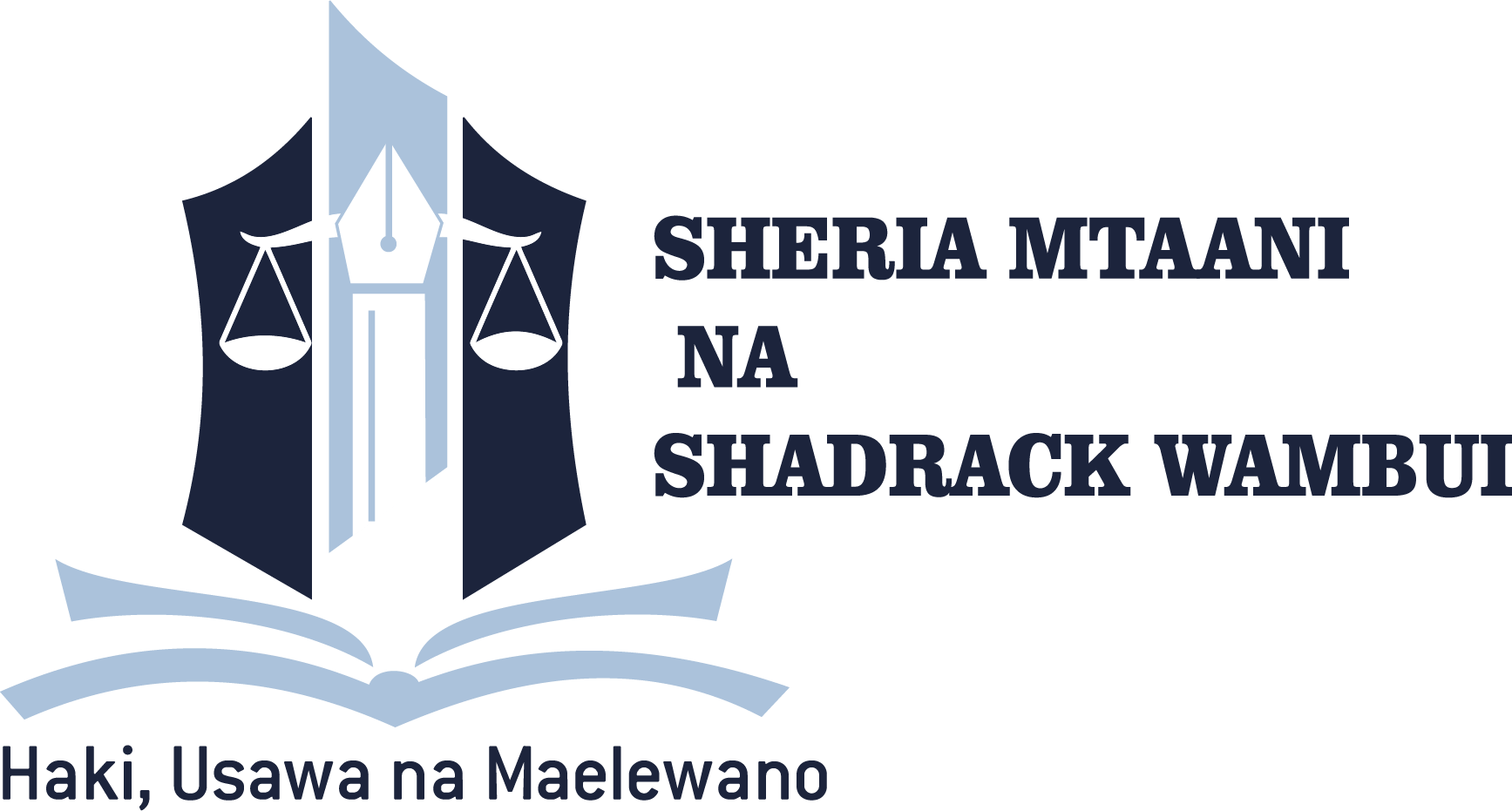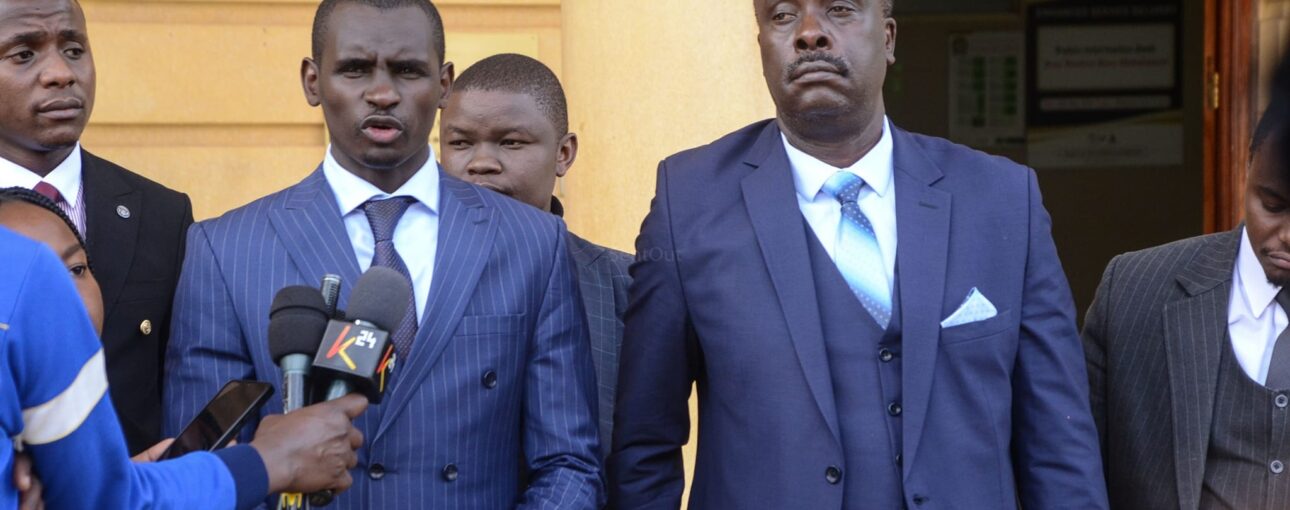Shadrack Wambui initiated legal proceedings aimed at halting the Law Society of Kenya (LSK) elections, claiming he was unlawfully excluded from the electoral process. Shadrack Wambui asserts that the decision made by the LSK board to lock him out of the elections is not only unjust but also contrary to the principles of fair representation and due process. Wambui’s primary contention revolves around the board’s decision to disqualify him based on the alleged ineligibility of one of his nominees, Justus Munyithya. The board argued that Munyithya was not a practicing lawyer in Nairobi, which Wambui disputes.
He points out that Munyithya operates from AGIP House and should therefore be considered a valid candidate. Wambui believes that the board’s interpretation of the eligibility criteria is flawed and fails to reflect the realities of legal practice in the city.In his petition, Wambui seeked a temporary court order to stop the elections, which were scheduled for February 29, until his case is heard. He argued that if the elections proceeded without addressing his concerns, his appeal would be rendered futile, as he would be unable to participate in a process he believes is unfair.
Wambui emphasized that the board’s decision to exclude him from the race is not only a personal affront but also undermines the integrity of the electoral process within the LSK. Wambui further claimed that the board dismissed his complaint without considering critical information regarding Munyithya’s eligibility. He asserted that on January 17, 2024, just one day before the board’s decision, Munyithya transferred his voting center from Mombasa to Nairobi, thereby fulfilling the necessary requirements to be nominated for the position. Wambui argued that the board was aware of this transfer at the time of its decision on January 18, yet it chose to disregard it, relying instead on irrelevant considerations that do not reflect the true circumstances.
Through his legal representation, Wambui criticized the LSK board for its lack of transparency and fairness in handling nominations and complaints. He contends that the board’s actions had not only prejudiced his right to contest but also set a concerning precedent for future elections within the organization. The case raised important questions about the electoral process in the legal profession and the rights of candidates to fair representation.As the legal battle unfolds, the implications of Wambui’s petition could have far-reaching effects on the governance of the LSK and its commitment to upholding the principles of justice and equity within the legal community. Wambui’s determination to challenge the board’s decision reflects a broader call for accountability and reform in the electoral processes that govern the legal profession in Kenya.

